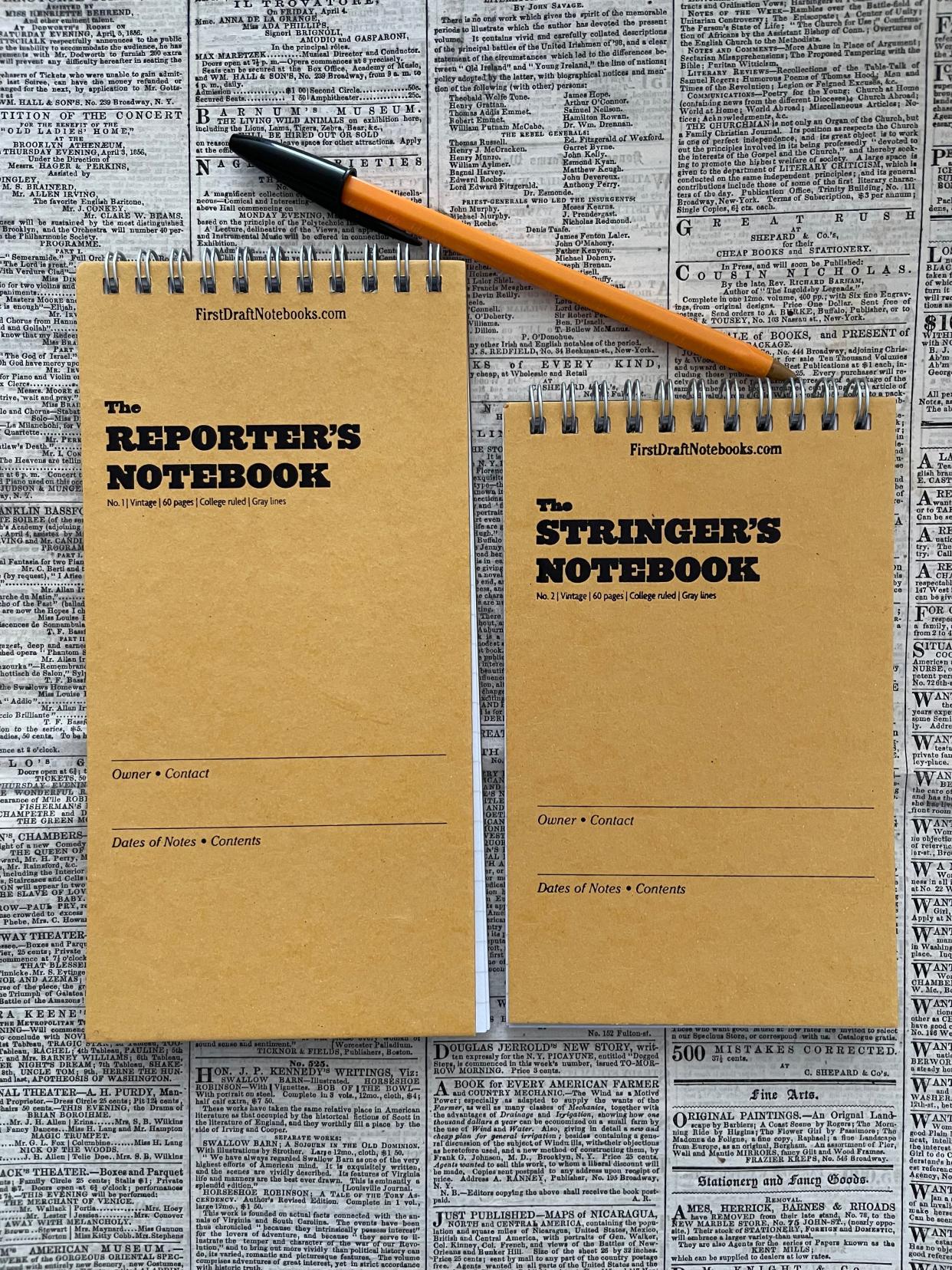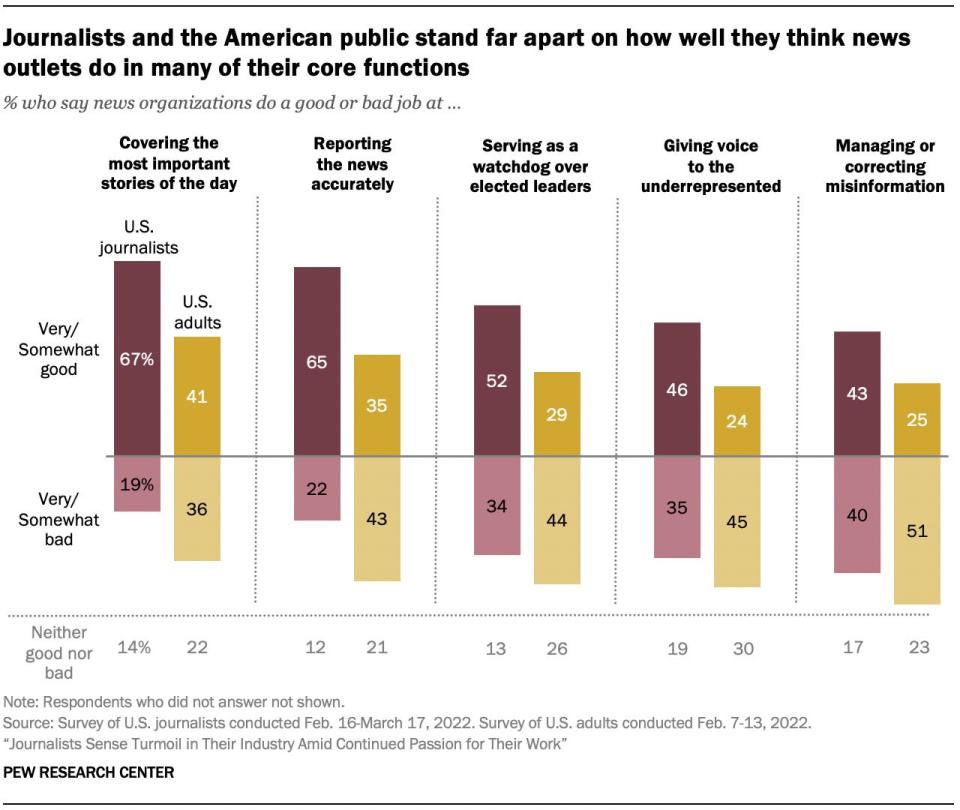News media has a diversity problem. It shows in its disconnect with everyday Americans

Everyone lives in a bubble of some type.
If your home sits in an upper-middle-class neighborhood, your vehicle is a Range Rover, and your groceries came from Whole Foods, you’re in one kind of bubble. The person who learned a trade, enjoys hunting and lives in a small town might be in another kind of bubble.
A few years back, PBS offered a 25-question quiz to show how insulated you are. I’ve kept a leg in both worlds, so my results were dead in the middle, 48 out of 100. Increasingly though, the bubble keeps getting thicker among professionals in the big cities.
That includes many journalists.
The public views the media much differently

A recent Pew Research Center study revealed a stark divergence between how journalists view their work and how the general public does.
In a survey of nearly 12,000 journalists, 65% said they do a good job of “reporting the news accurately.” Only 35% of the public agreed.
The results were similar for “covering the most important stories of the day.” Sixty-seven percent of journalists endorsed their work, while 41% of their readers and viewers did.
Gaps of 20 percentage points or more appeared for the press “serving as a watchdog over elected leaders,” “giving voice to the underrepresented” and “managing and correcting misinformation.”
What explains this broad disconnect between the industry and its customers?
Theories abound, but a few factors stand out.
Journalists are concentrated in big cities
One problem is geographical.
About 1 in 5 U.S. journalists live in New York, Los Angeles or Washington, D.C., a far greater concentration than a few decades back. One in three journalists live in the 10 largest metro areas. Clustering the press in very big, very blue cities will naturally fortify a media bubble.
When you consider online news outlets, 41% of their employees are huddled in the Northeast. That’s why the latest hurricane crawling up the Mid-Atlantic gets banner treatment while the drought in the Southwest is barely noticed.
In a Watergate-era poll, about a quarter of journalists were registered in the GOP. A 2014 survey showed that only 7% are Republicans today, a number that has likely dropped further over the last eight years.
And back in the 1970s, journalism was viewed more as a trade than a profession requiring extensive university education. Leading reporters could hone their craft reviewing police blotters instead of studying for a Master’s at Columbia.
Want to change this? Support local news
A media bubble is the natural result. If everyone you know lives in a big city, has at least a Bachelor’s degree, and always votes Democrat, it might be tough relating to the homeschooling mom in Casa Grande married to a welder. (And forgiving your $100K in student loans won’t be a leading issue when she casts her ballot.)
The media’s concentration in the big cities wasn’t by design. It is the sad result of local media sources shrinking over the past two decades and national networks filling the gap.
When the average person is asked about “the media” these days, they are much more likely to think of the yelling cable news host instead of the local reporter covering city hall.
If everyday news consumers want to change this trend, it’s crucial to support local reporting, in print, online, and on air. If journalists want to increase their readership and impact, regularly mix it up with people from all walks of life.
Our various bubbles aren’t a big problem if we acknowledge and work to compensate for them. Having empathy for people different from you goes a long way.
Jon Gabriel, a Mesa resident, is editor-in-chief of Ricochet.com and a contributor to The Republic and azcentral.com. On Twitter: @exjon.
This article originally appeared on Arizona Republic: Media's disconnect with everyday Americans show its lack of diversity

